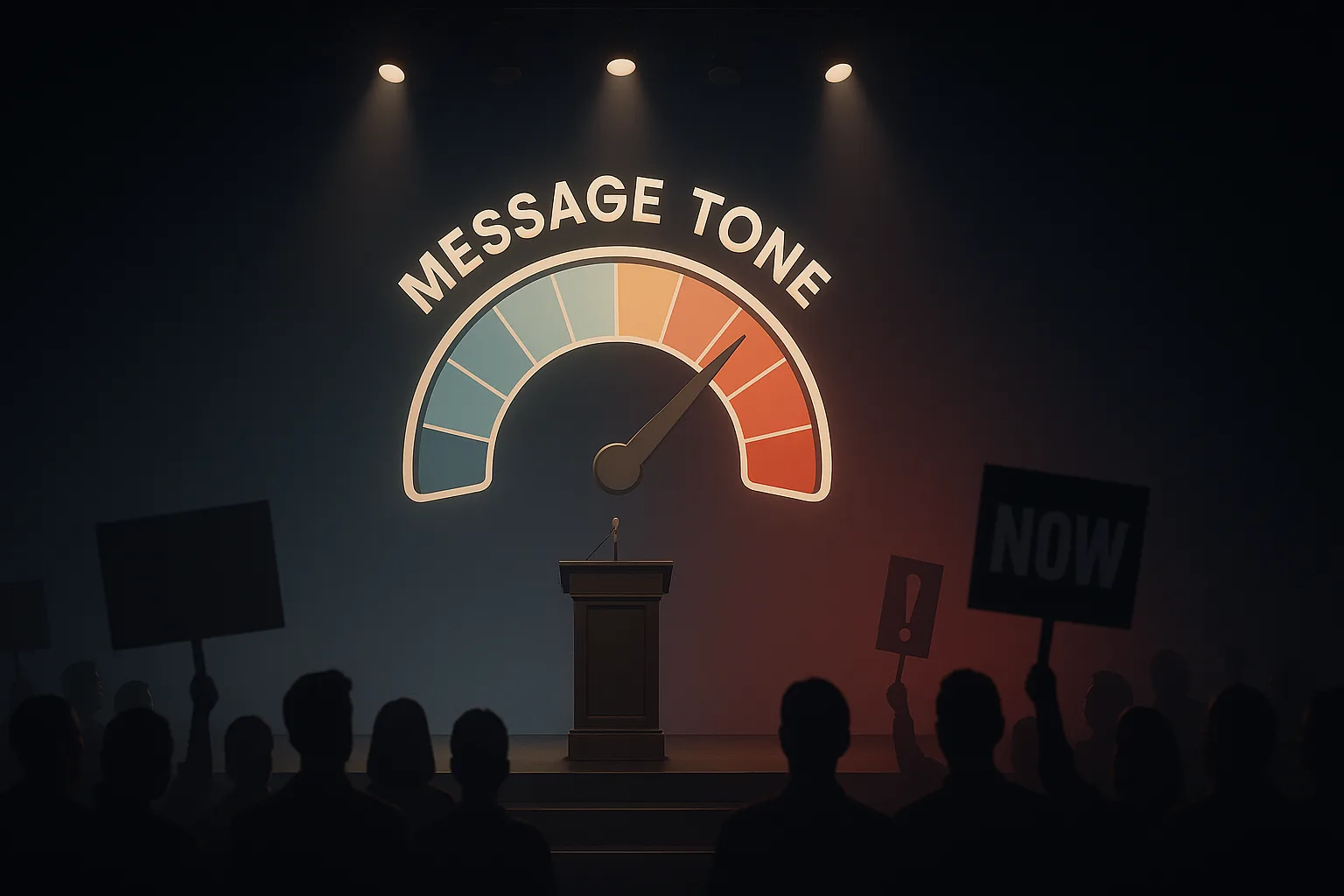WASHINGTON, D.C. — In a move that surprised approximately no one except maybe budget hawks, the Biden-era (or is it Trump-era? I lose track) administration has slapped a **$100,000 one-time fee** on new H-1B visa petitions. Existing visa holders are exempt. So if you’re new, you pay big. If you’re already here, carry on.
Welcome to the Land of the Pricey Paperwork
That’s right: to bring in talent, you need more than a resume — you need a small mortgage. Many in the tech industry have reacted with shock, dismay, and mild cursing. Startups that once budgeted for relocation packages might now budget for “visa sticker shock insurance.” Someone should sell that. (Oh wait, someone already will.)
The Logic, According to Someone**
The administration says this is about prioritizing American workers and clamping down on exploitative outsourcing. Sure. But when your average experienced software engineer out of India or Ukraine now has to front a six-figure charge just to land, the playing field tips hard. It’s like saying, “We welcome your skills — just pay twice your annual salary first.”
Some defenders argue that it will force firms to train Americans instead of hiring abroad. That’s optimistic. You don’t replace someone who’s done the work with someone who needs training — not if you want your product deadlines met. The result: fewer applications, higher costs, and more handwringing in boardrooms.
Who Pays, Who Profits
This is going to be a burden on entry-level, junior, early-career candidates. The folks just starting often don’t have deep pockets, so many will give up. Big tech giants might absorb it, or negotiate it in candidates’ packages. But what about small firms, underdogs, or mission-driven startups? They’ll bleed or collapse.
And the government? It’s going to collect a lot of revenue upfront. Think of it as a bizarre lottery: “Want to work here? Pay me first.” The collected funds might be used for “immigration enforcement” or “American workforce development” — two buckets that rarely connect with the people actually affected.
Grumpy Prediction
Look for more lobbying, a surge of lawsuits, and clever workarounds. Maybe “remote first, U.S. paperwork later” becomes a growing model. Or foreign talent will simply avoid the U.S. entirely. Doesn’t that defeat the purpose? But bureaucratic hypertaxation has never cared about logic.
In short: the U.S. just made it harder to hire foreign coders by making it more expensive than buying a used car. Congratulations, America — you just priced yourself out of your own “innovation” narrative.
Editor’s note: Grumpy Journalist would’ve applied for H-1B himself, but his beard is considered “too advanced.”







